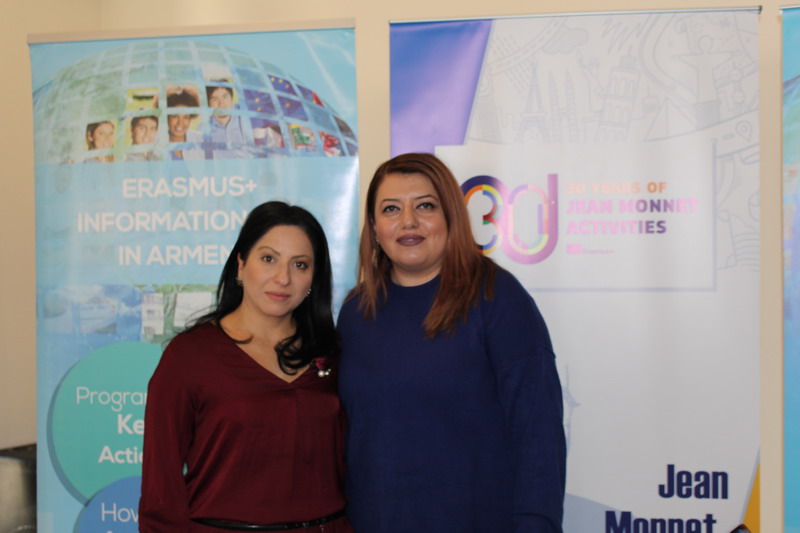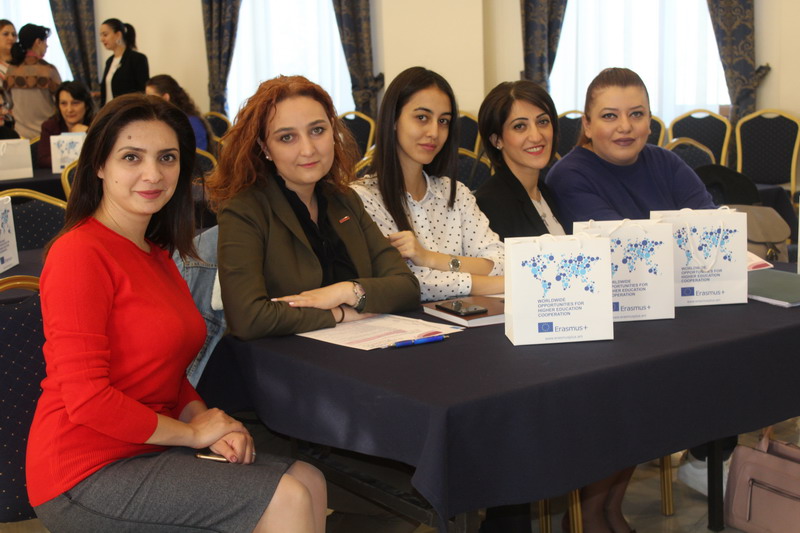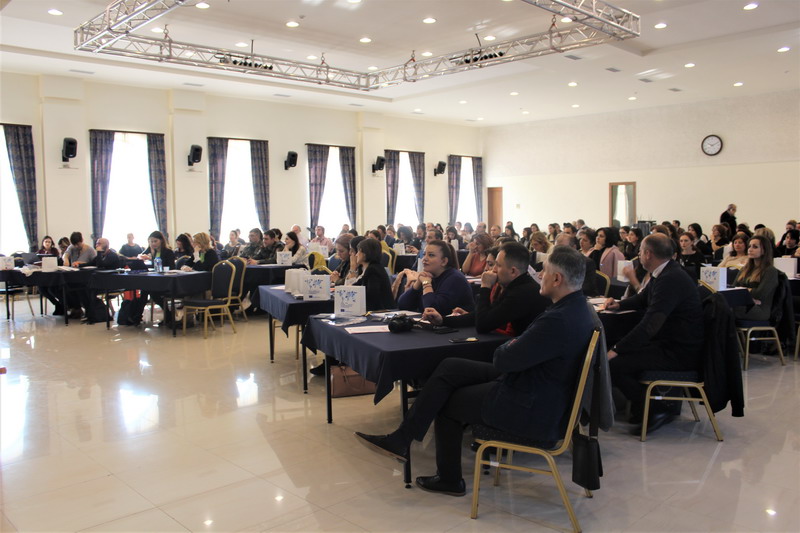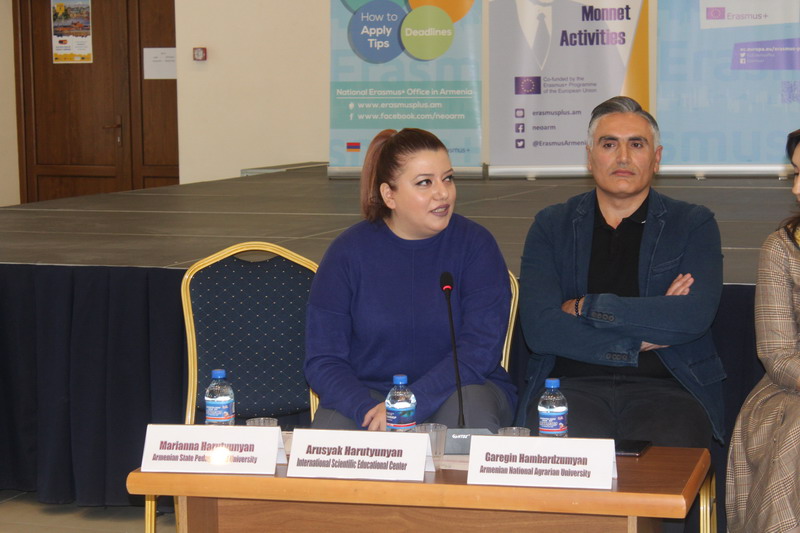Erasmus + Information Days in Armenia
November 12, 2019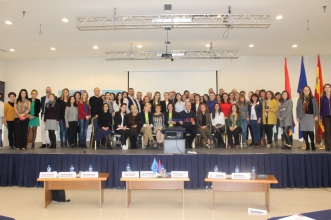
Erasmus + the annual information days started in Armenia on November 7 and 8.
The launch of the event took place on November 7 it the RA Ministry of Education, Science, Culture and Sport and then further on November 8 in Armenian State Pedagogical University named after K.Abovyan.
The event was attended by the RA Minister of Education and Science Arayik Harutyunyan, the Head of the EU Delegation to Armenia, the Ambassador Andrea Viktorin, the Honorary Consul of the Kingdom of Spain Armine Adamyan, different local representatives of HEIs, NGOs and other stakeholders, including the representatives of the International Scientific Educational Center of the National Academy of Sciences. The event was also attended by delegations from the Erasmus + National Agency of Spain and 13 Spanish universities, who shared their experience of managing and implementing Erasmus + higher education programs.
Erasmus + annual information days are a series of events aimed at disseminating information on Erasmus + higher education international programs in Armenia. Such informativ events provide opportunities for grant and strategic cooperation in higher education between the EU and Armenia.
Gevorg Tepanosyan and Hrachya Astsatryan, representatives of ISEC NAS RA actively participated in the panel discussions organized within the framework of the event. Gevorg Tepanosyan, as the local coordinator of the MENVIPRO project, presented the problems and ways of solving the problems during the project implementation. Hrachya Astsatryan, as a lecturer in ISEC NAS RA and a local coordinator of MINEVRA, All4R&D programs, spoke about the importance of the collaboration and having vision in education and research, emphasizing science, education, research and technology at the crossroads.
The 2nd day of the event was dedicated to Erasmus + Credit Mobility programs. During the panel discussions Arusyak Harutyunyan, the Head of the Foreign Relations Department in ISEC presented the ways of "exploitation" of Erasmus + similar programs, in particular, how international credit mobility programs contribute to the promition and updating of subjects taught in the International Scientific-Educational Center as well as to the internationalization of research at the National Academy of Sciences.
The two-day panel discussions were followed by a round of active questions and answers.

